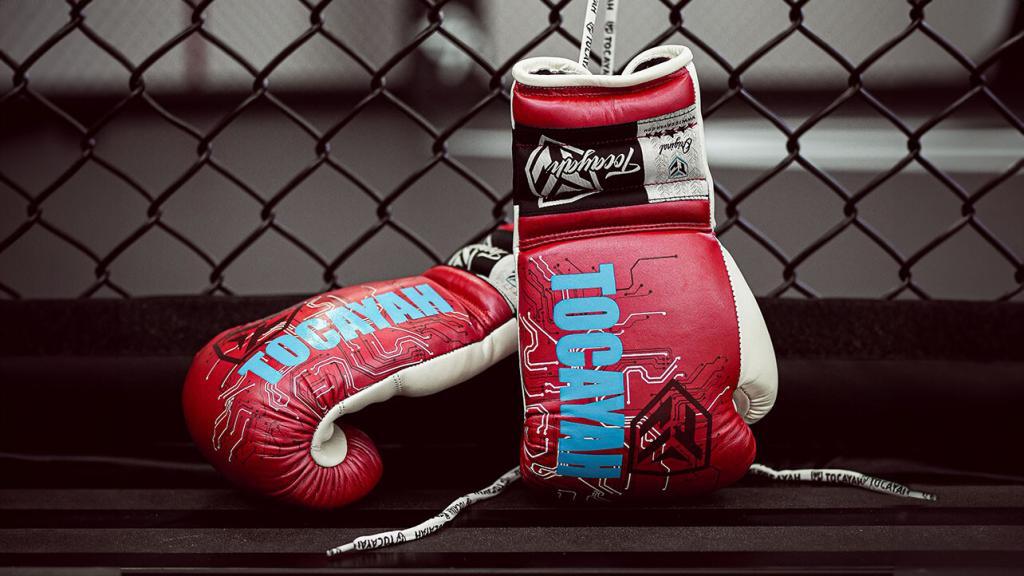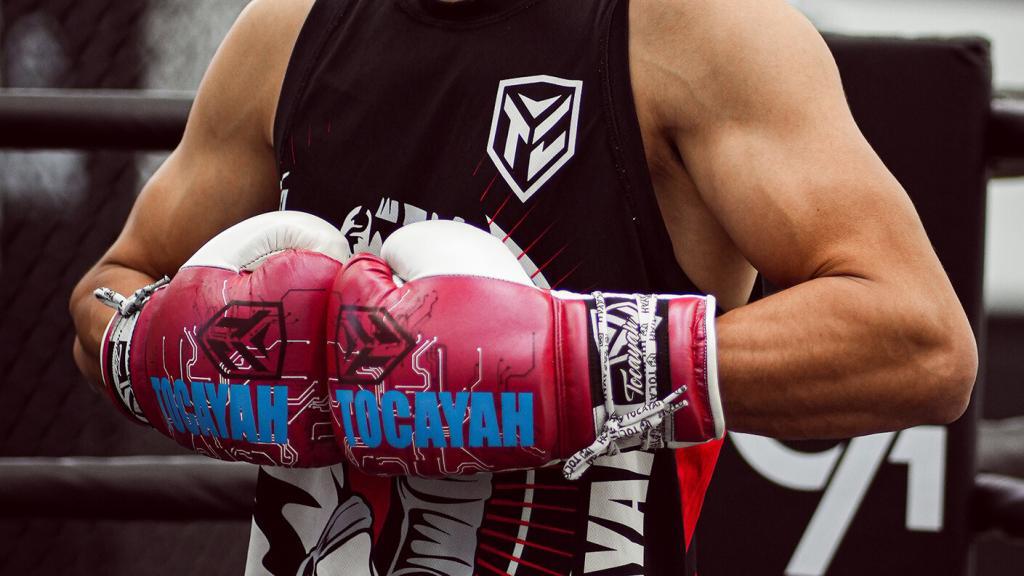Boxing gloves are indispensable equipment for boxers, whether they’re beginners or seasoned professionals. Beyond safeguarding the hands, they play a pivotal role in improving performance and ensuring safety during both training sessions and actual competitions. These gloves serve as essential gear, offering vital protection and enhancing performance for boxers of all levels. From novices honing their skills to experienced fighters pushing their limits, the significance of boxing gloves cannot be overstated. They are not just accessories but essential tools that contribute to the success and well-being of every boxer in the ring.

When it comes to the best boxing gloves, there isn’t a one-size-fits-all solution. Various types cater to different needs and purposes. Bag gloves, primarily designed for heavy bag training, offer ample padding to shield hands during high-impact workouts. Conversely, sparring gloves prioritize both protection and flexibility, making them ideal for practice bouts with partners. Finally, competition gloves are meticulously crafted to meet the regulations of sanctioned fights, striking a delicate balance between protection and precision.
Selecting the correct size and weight of the best boxing gloves is paramount for comfort and performance in the ring. Generally, glove size corresponds to weight class, with heavier gloves providing more protection and lighter ones offering increased speed and maneuverability. Considering personal weight, training goals, and experience level is crucial to ensure a proper fit and optimal performance.

The materials used in crafting the best boxing gloves significantly impact their durability and performance. Most gloves utilize synthetic materials like polyurethane or genuine leather, each offering distinct advantages in comfort, durability, and cost. Paying attention to details such as stitching and padding density can also provide insight into the overall quality and longevity of a pair of gloves.
Proper maintenance is essential for prolonging the lifespan and performance of boxing gloves. After each use, wiping down the exterior with a damp cloth to remove sweat and debris is important, allowing them to air dry thoroughly to prevent bacterial growth and odors. Storing gloves in a cool, dry place away from direct sunlight can help prevent premature deterioration of materials, ensuring they remain in optimal condition for longer periods. Regular inspection for signs of wear and tear and addressing them promptly can also extend the gloves’ longevity and maintain their effectiveness in training and competition.
In conclusion, the best boxing gloves are not just pieces of equipment; they are essential tools that contribute significantly to a boxer’s performance and safety. Understanding the different types of gloves available, choosing the right size and weight, paying attention to materials and construction, and practicing proper maintenance are all crucial aspects of ensuring the effectiveness and longevity of boxing gloves. By selecting the appropriate gloves and caring for them properly, boxers can optimize their training and competition experiences while minimizing the risk of injury. Ultimately, investing time and effort into understanding and maintaining boxing gloves is an integral part of being a successful and responsible boxer.
more
informations
TOCAYAH © 2025 ALL RIGHTS RESERVED